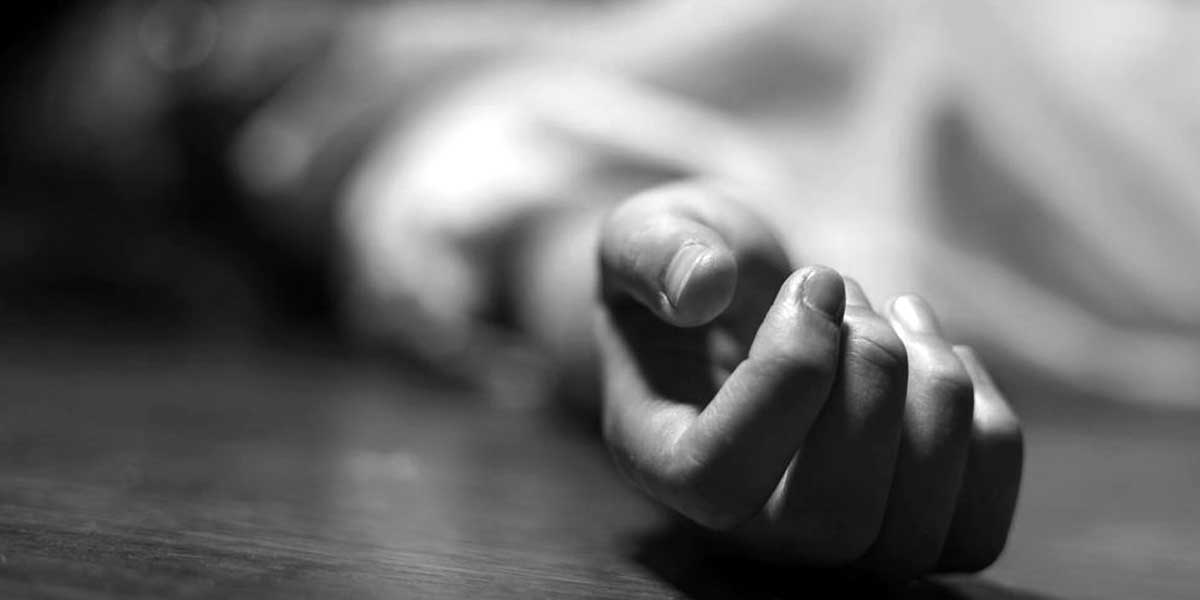By Atty. Josiah David Quising, J.D.
On February 1, Anakbayan-WVSU posted on its Facebook Page an alert on an alleged ROTC officer, alias “Simoun”, who introduced himself under a false name and “secretly took pictures of some of the members of the aforesaid organization and other mass organizations” and that the individual claimed to be a student from the College of Education and claims he is a CTWS student. According to the Facebook post, “Simoun” made the following admissions:
- He is not a WVSU student
- He is an ROTC officer
- He is a student from a different university
- He takes photos of our members
- He sends those photos to their ‘office’ as part of his ‘report’
On February 3, Air Force ROTC-WVSU La Paz Campus posted on Facebook a response to the allegations from a former AFROTC Commandant and WVSU Almnus Rene Piabol Jr. In the statement, Mr. Piabol said that:
- The individual referred to as “Simoun” was a former WVSU student; and that
- The individual was a past member of the organization (Air Force ROTC-WVSU)
In the Facebook post, Piabol claimed that the individual may have intended to “explore diverse perspectives” and argued that “let students explore and learn freely—education and freedom must prevail.”
Perhaps before arguing on why “Simoun” did what he did, we should first remind ourselves that taking photographs of other people without their consent is illegal. Republic Act No. 10173, or the Data Privacy Act of 2012, protects against unauthorized photography, particularly if the photograph is taken without consent and with the intention of processing or using the image for unauthorized purposes. According to National Privacy Commission (NPC) Advisory Opinion no. 2022-015 in relation to NPC Advisory Opinion No. 2018-051, an individual who takes pictures of private individuals without consen may be considered as unauthorized processing of data, , even if the subject of the photographs is in a public space. NPC repeated the same opinion on January 11 this year.
According to Section 3(j) of the Data Privacy Act, “Processing” refers to “any operation or any set of operations performed upon personal information including, but not limited to, the collection, recording, organization, storage, updating or modification, retrieval, consultation, use, consolidation, blocking, erasure or destruction of data.”
The Civil Code also provides protection against invasions of privacy. Article 26 states that:
“Every person shall respect the dignity, personality, privacy and peace of mind of his neighbors and other persons. The following and similar acts, though they may not constitute a criminal offense, shall produce a cause of action for damages, prevention, and other relief:
(1) Prying into the privacy of another’s residence; (2) Meddling with or disturbing the private life or family relations of another; (3) Intriguing to cause another to be alienated from his friends; (4) Vexing or humiliating another on account of his religious beliefs, lowly station in life, place of birth, physical defect, or other personal condition.”
Profiling and surveillance of activist organizations have long been a concern of human rights groups. The Commission on Human Rights expressed serious concerns about the surveillance of Anakbayan members specifically by individuals who “tail them and take their pictures”.
As the Supreme Court reiterated in several cases, the right to privacy is the right to be left alone and the right to life is the right to live free from fear. Taking pictures of people without their consent violates these rights. While no case on plain unauthorized photography has yet reached the Supreme Court, it would be in the best interest of everyone to refrain from taking pictures of private individuals without their consent.
























